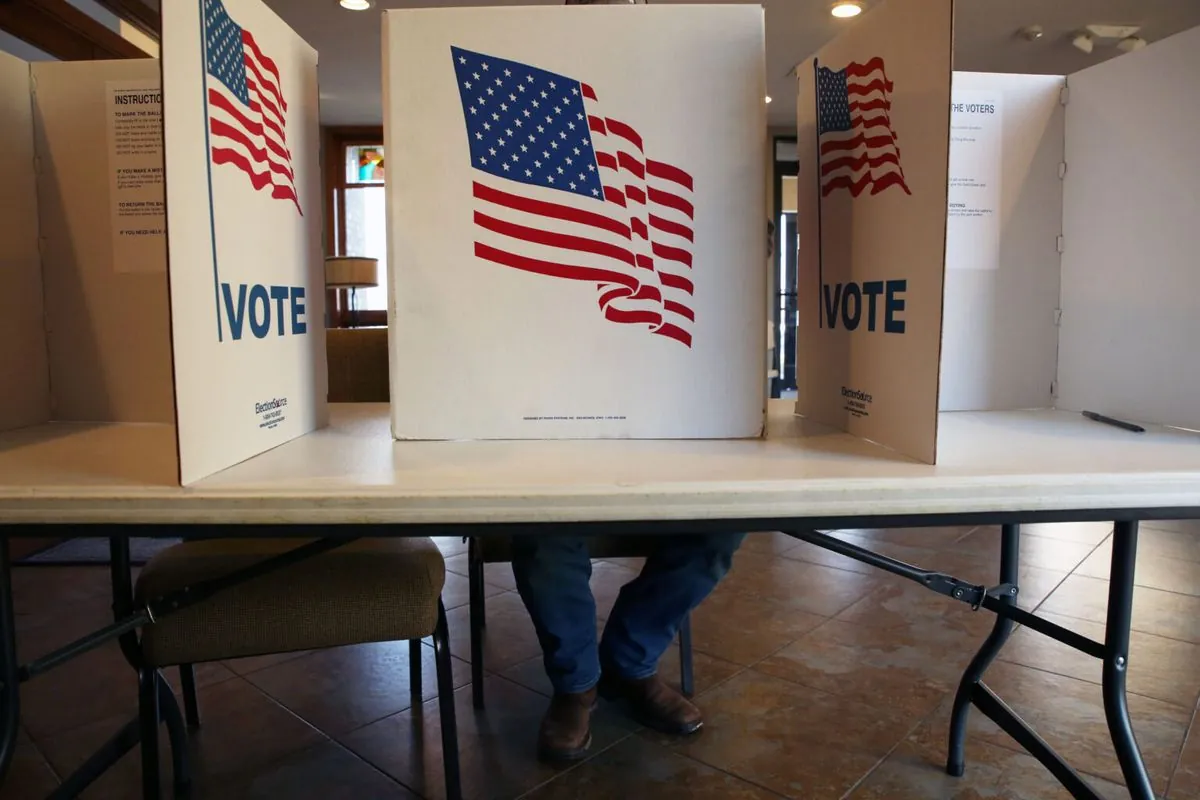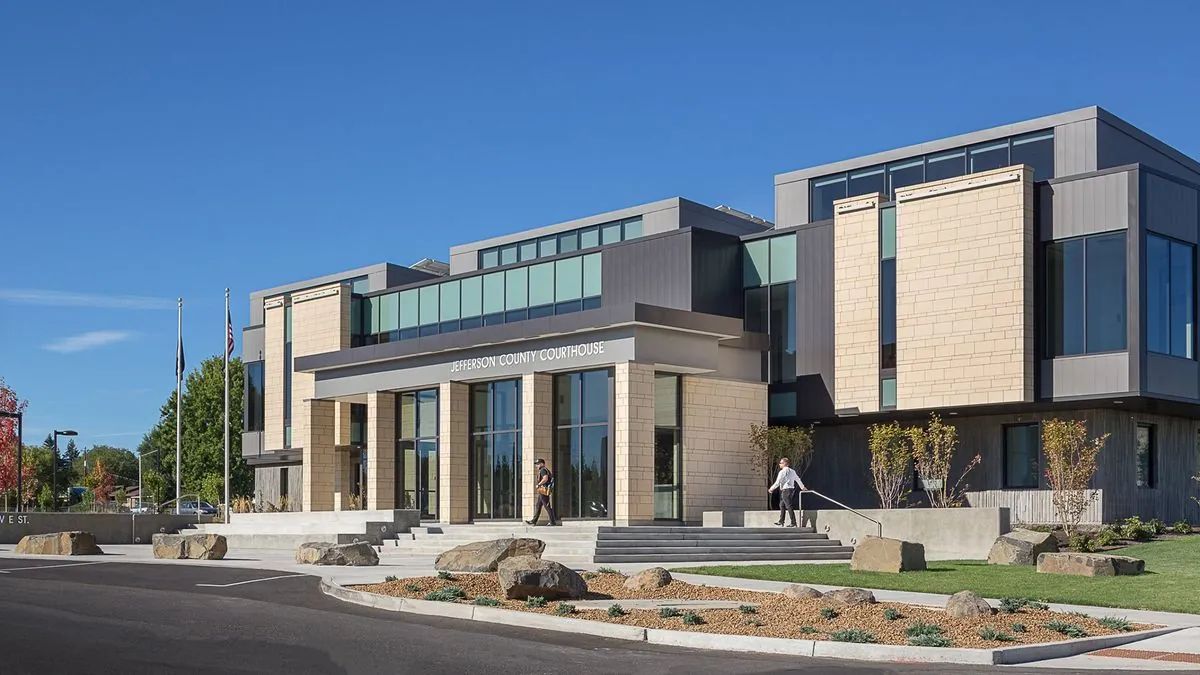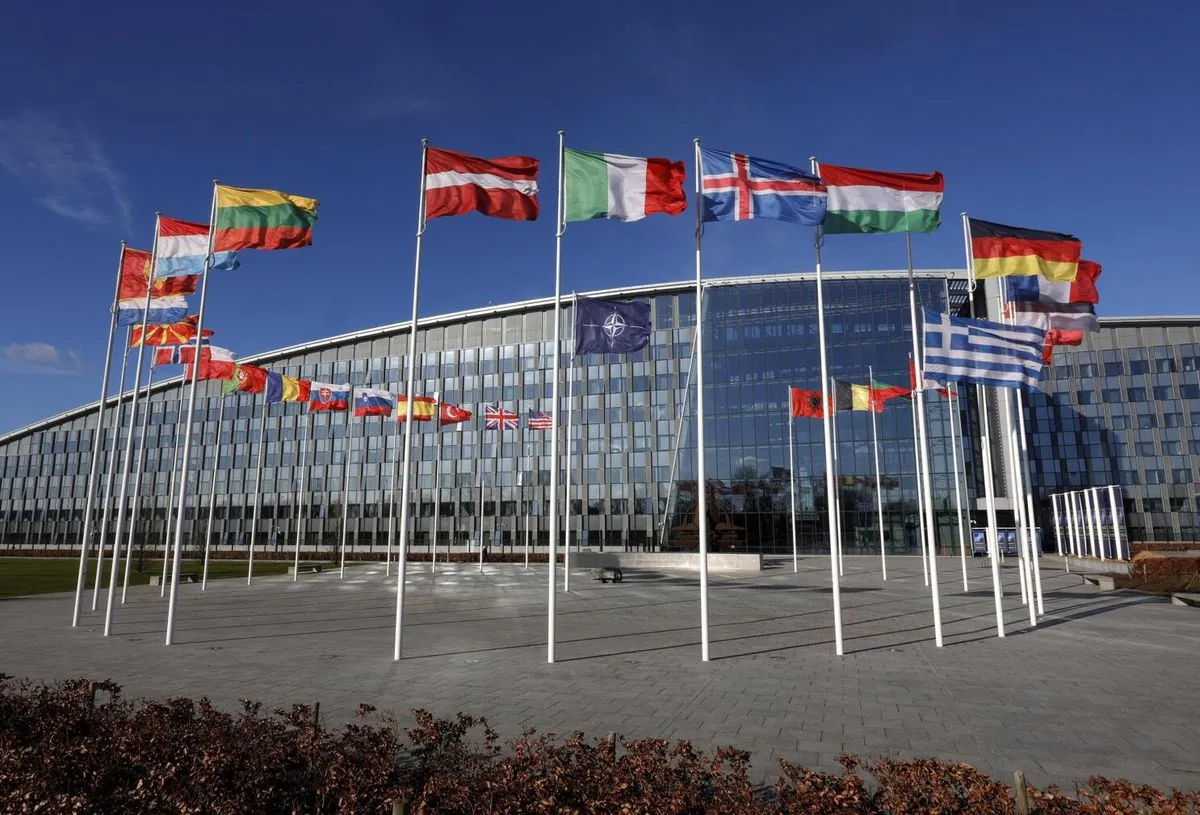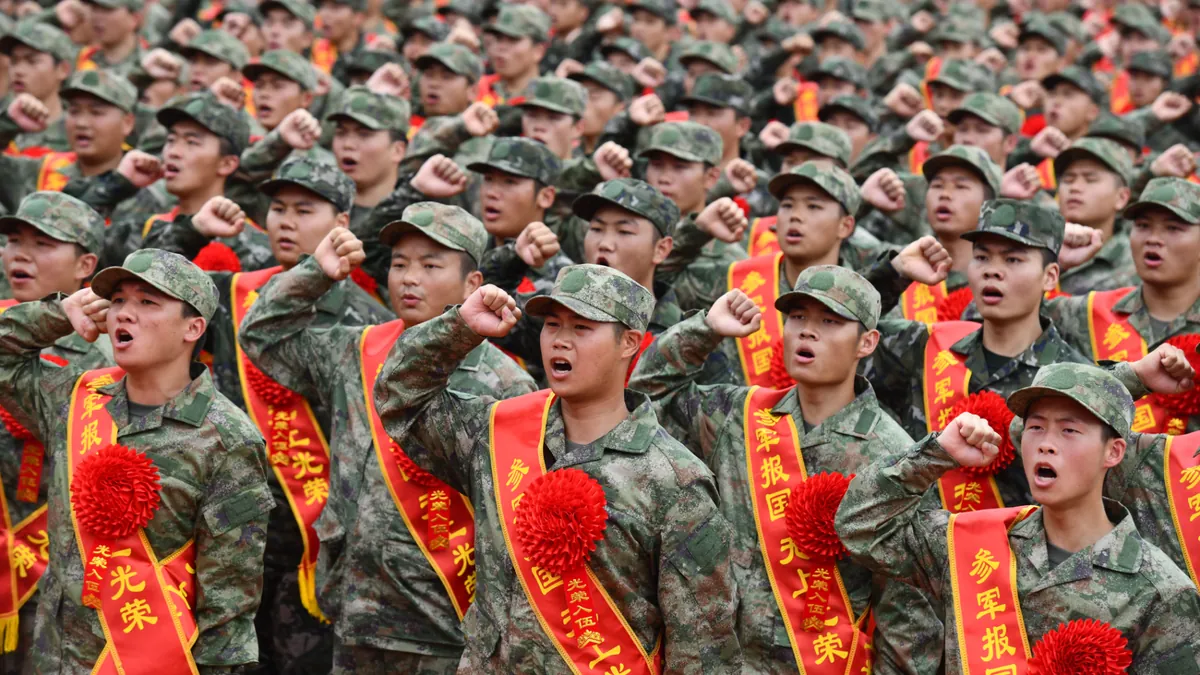Trump's Election Scheme: New Evidence Unveiled in Special Counsel Filing
Special counsel Jack Smith's team has released a 165-page document detailing evidence against Donald Trump's alleged efforts to overturn the 2020 election results, including pressure on Mike Pence and response to the Capitol riot.
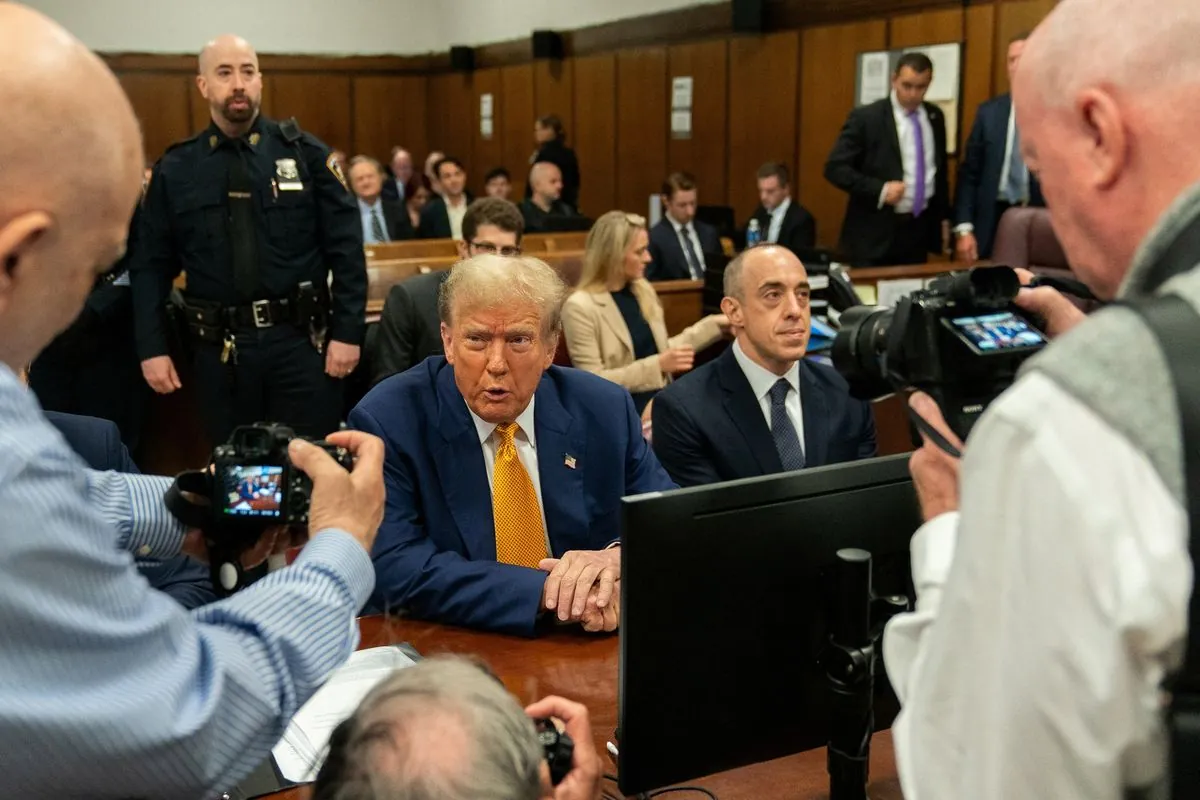
A 165-page court filing by special counsel Jack Smith's team has shed new light on the alleged actions of former President Donald Trump following the 2020 election. The document, unsealed on October 2, 2024, outlines evidence prosecutors plan to present if the case goes to trial.
The filing claims that Trump began laying the groundwork for his post-election actions well before Election Day. According to prosecutors, a Trump political adviser told supporters three days before the election that the then-president would declare victory regardless of the outcome. This aligns with the established practice of candidates preparing for various scenarios, as outlined in the Presidential Transition Act of 1963.
Prosecutors allege that Trump disregarded numerous advisers who informed him of the lack of evidence for widespread fraud. When told his election fraud claims would not hold up in court, Trump reportedly responded, "The details don't matter." This statement contrasts sharply with the fact that voter fraud is extremely rare in U.S. elections, with studies showing rates between 0.0003% and 0.0025%.
The document details Trump's pressure campaign on then-Vice President Mike Pence to reject the Electoral College votes. This effort reportedly began well before January 6, 2021, and continued until their final meeting in the Oval Office. It's important to note that the Vice President's role in certifying election results is largely ceremonial, as established by the 12th Amendment ratified in 1804.
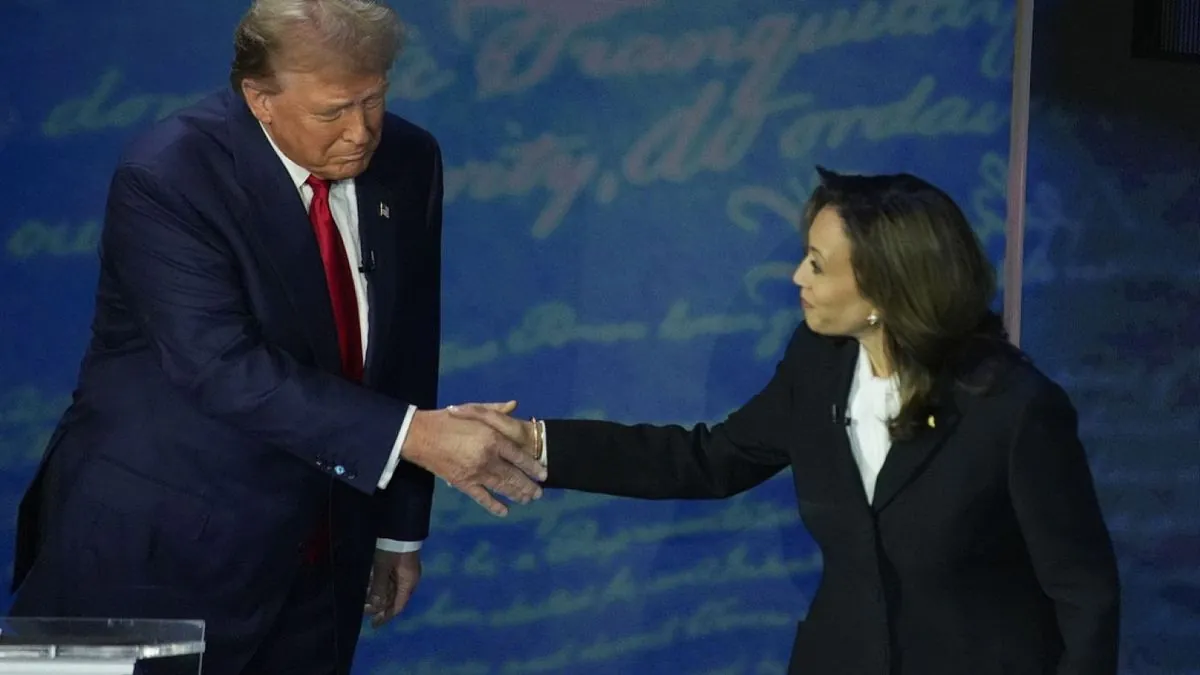
"You're too honest."
The filing also describes Trump's alleged response to the Capitol riot on January 6. When informed that Pence had been taken to a secure location, Trump reportedly said, "So what?" This occurred as the Electoral College votes were being counted, a process overseen by the National Archives as part of the established election certification procedure.
Prosecutors claim that Trump spent the afternoon of January 6 watching TV coverage of the riot and using Twitter, despite advisers urging him to make a public statement to quell the violence. This behavior is presented as evidence of Trump's alleged intent to disrupt the peaceful transfer of power, a cornerstone of American democracy since its founding.
The special counsel's team aims to demonstrate that Trump's actions were part of a deliberate scheme to overturn the election results, rather than a genuine belief in widespread fraud. This case highlights the importance of the Electoral Count Act of 1887, which was enacted to prevent disputes similar to the 1876 election.
As the legal proceedings continue, it's crucial to remember that the U.S. has experienced several contested elections throughout its history. The 2000 election between Bush and Gore, for instance, was ultimately decided by the Supreme Court. However, the scale and nature of the allegations in the current case are unprecedented in modern American politics.
The document provides a detailed timeline of events, from the pre-election period through January 6, 2021. It emphasizes the role of social media in spreading election misinformation, a factor that has become increasingly significant in recent elections.
Trump's legal team will have the opportunity to respond to these allegations in court. As the case progresses, it will likely continue to raise important questions about the integrity of U.S. elections and the peaceful transfer of power, principles that have been fundamental to American democracy since the ratification of the Constitution in 1787.































